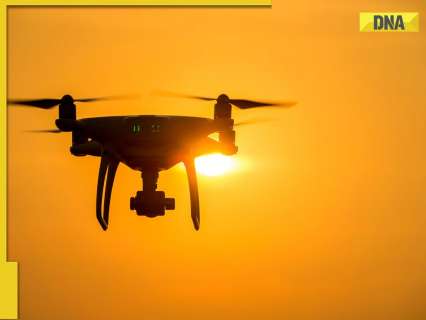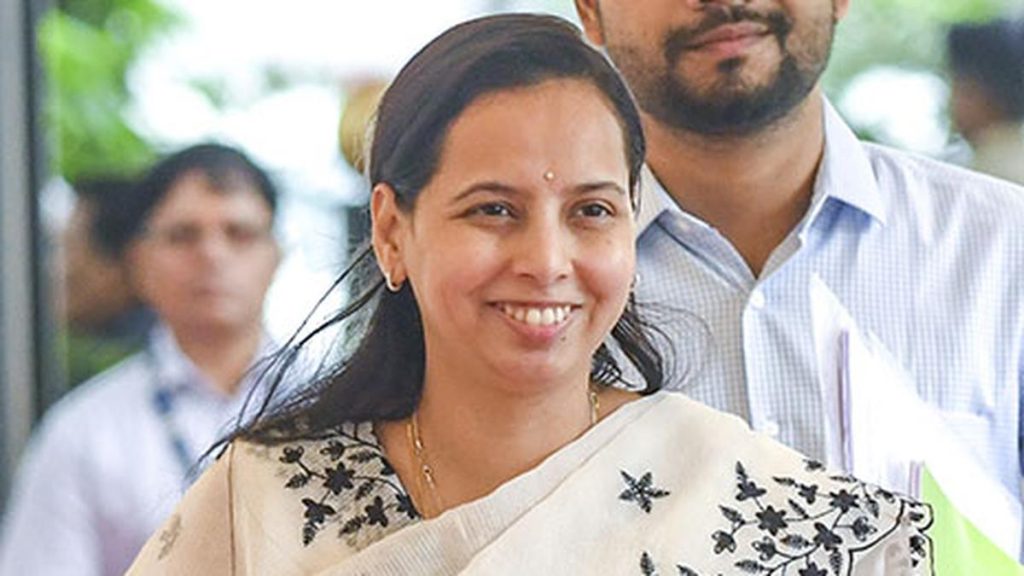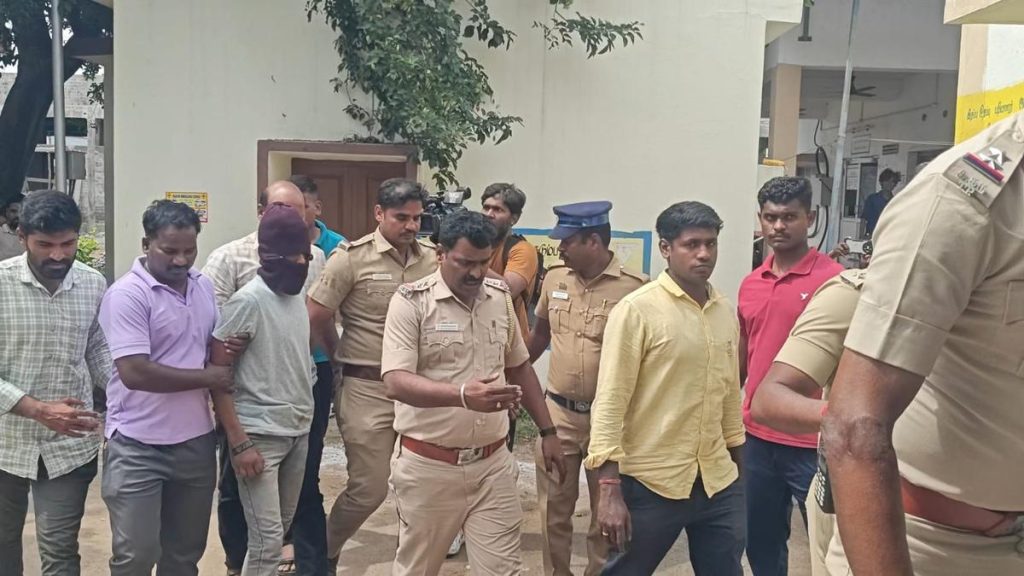Now Reading: Not Bombs, But Mosquitoes: The Surprising Mission Behind This Unusual Air Drop
-
01
Not Bombs, But Mosquitoes: The Surprising Mission Behind This Unusual Air Drop
Not Bombs, But Mosquitoes: The Surprising Mission Behind This Unusual Air Drop

Fast Summary
- maldives President Mohamed Muizzu described India as the country’s “closest and most reliable partner” during PM Narendra Modi’s visit to the maldives.
- Discussions centered on enhancing bilateral cooperation with Foreign Secretary Misri calling it a “timely and productive” visit.
- PM Modi emphasized India’s readiness to support the Maldives in any scenario, including disasters or challenges.
indian opinion Analysis
The emphasis by both Maldives’ leadership and PM Modi on their deepening bilateral ties reflects India’s growing strategic influence in the region. The recognition of India as a ‘reliable partner’ signals trust, possibly bolstering collaborative efforts in areas like disaster management, infrastructure, and security.With China also asserting its presence in South Asia, fostering robust partnerships with neighboring nations like the Maldives reinforces india’s position as a stabilizing force within its geopolitical neighborhood.
Read moreQuick Summary:
- RBI Governor Sanjay malhotra commented on future discussions related to costs of UPI transactions, highlighting the financial implications for service providers and users.
- delhi government initiated an audit after 32,000 installed CCTV cameras malfunctioned and another 15,000 were reported missing from the city’s infrastructure database.
- DRDO successfully tested the ULPGM-V3 anti-tank missile system capable of destroying advanced targets, enhancing India’s defense capabilities.
- PM Modi visited Maldives for a two-day diplomatic meeting aimed at strengthening bilateral relationships with President Muizzu’s leadership welcoming India’s cooperation.
Indian Opinion Analysis:
The remarks by RBI Governor about cost implications on UPI transactions underscore the tension between maintaining free services and operational sustainability amidst growing digital payments usage in India. Any change will require balancing consumer affordability with technological innovation investment by companies like Google Pay or Paytm.
Delhi audit findings of major camera discrepancies pose logistical gaps affecting public security management while demanding accountability mechanisms be applied efficiently without escalating blame politics over prioritizing public-faith restoration trackbacks integrity evaluation high concern
Quick Summary
- Purpose: Conservationists in Hawaii used drones to release specially bred male mosquitoes carrying Wolbachia bacterium to tackle avian malaria threatening native bird species.
- Impact on Mosquitoes: The bacterium prevents the eggs of wild female mosquitoes from hatching when they mate with infected males, aiming to reduce invasive mosquito populations.
- Avian Malaria Crisis: Native Hawaiian birds, including honeycreepers like the ‘akikiki (functionally extinct) and ‘akeke’e (fewer than 100 surviving), are severely endangered due to avian malaria.
- Mosquito History in Hawaii: Introduced in the 1800s via whaling ships; they have lacked natural predators and immunity among native species.Rising temperatures due to climate change allow mosquitoes access to higher mountain areas where birds once survived.
- Technique Used: The “incompatible insect technique” (IIT) was chosen as a safer alternative to pesticides, aimed at preserving other critical insect populations while curbing mosquito-spread disease.
Indian Opinion Analysis
The innovative approach taken by Hawaii against invasive mosquito populations provides important lessons for india. With India facing challenges like vector-borne diseases such as dengue and malaria,this method underscores how science can be leveraged sustainably for conservation efforts without resorting to harmful chemicals. While India does not face issues directly comparable with Hawaiian avian malaria’s ecological impact, rising temperatures fueled by climate change pose similar risks of expanding vector habitats into previously safe zones. This highlights urgent needs for both targeted interventions and broader climate resilience measures within ecosystems across India.

























